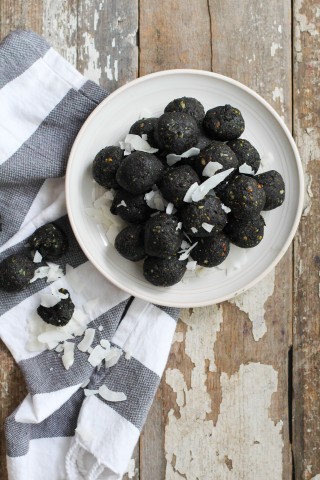
Ever been scrolling through Instagram and wondered how your favourite bloggers get that vibrant blue or green tint in their morning smoothies? Spirulina. Since Spirulina’s big debut as NASA astronauts’ nutritious choice for dietary supplementation when completing missions in space, it has become a household name — but what exactly is it?
You may be surprised that it is essentially pond scum — a blue-green algae that is dried into a powder. It thrives on the surface of brackish pond water and comes in many forms for consumer use: chewable tablets, powder, capsules, and flakes. Although more research is needed, the potential benefits and the densely-packed nutrient composition may make it a good addition to your diet.
Benefits:
- Excellent source of complete protein and iron: contains 57g of protein and 28 mg of iron per 100g! Keep in mind you only use small doses at a time, but these are some impressive stats, gram per gram when compared even to meat like chicken and beef!
- Antioxidant rich: contains carotenoids like beta-carotene, zeaxanthin and lutein
- Anti-inflammatory: spirulina may help to fight inflammation by inhibiting the release of histamine in the body. This is good news as we know that chronic inflammation may increase risk of certain cancers, heart disease and digestive issues.
- Loaded with Chlorophyll: a fun fact about Chlorophyll is that its chemical structure closely resembles the chemical structure of our blood. Chlorophyll contains oxygen which therefore increases our oxygen intake and contributes to our vital organ functioning. Furthermore, studies show that chlorophyll may increase blood circulation, stimulate immune function, detoxify the liver, and fight free radicals to slow the process of aging.
- Antibacterial properties: spirulina has potential antimicrobial properties and may help to fight infections and reduce responses to allergies.
Other Considerations:
Although many marketing claims report that Spirulina is an excellent source of B12, according to the USDA Nutrient Database, the B12 contained in Spirulina is inactive and not bioavailable to the human body. Therefore, the USDA renders Spirulina to have 0g of B12. Due to the nature of the algae, it is recommended to choose organic brands of Spirulina to avoid excess toxins that may be taken up from the surrounding water. Some find spirulina to have a bit of a metallic taste. If you’re eager to try it out, start with small doses and give yourself some time to get used to it. Take a look at the recipe inspo below for some delicious ideas of how to incorporate it into your diet!
Recipe Roundup:
Spirulina Energy Globes (photo)
Spirulina Pie Spirulina Guacamole
Spirulina Ice Cream
Spirulina Chocolate Peppermint Bites
Thank you to my student, Ally Choo, for her hard work in helping me put this article together!
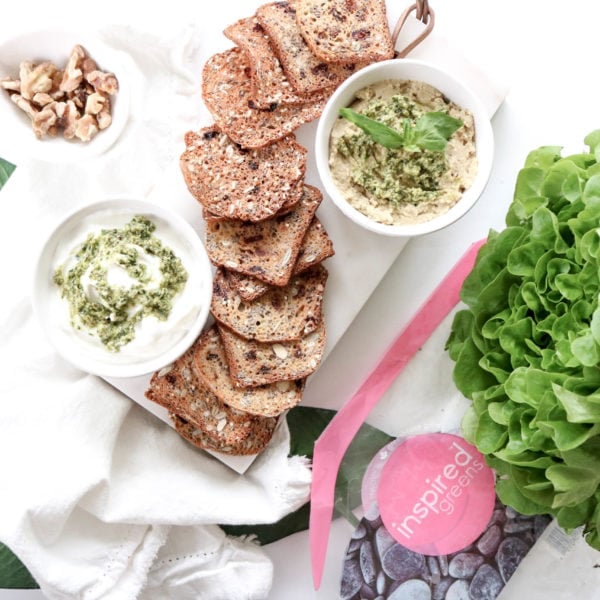
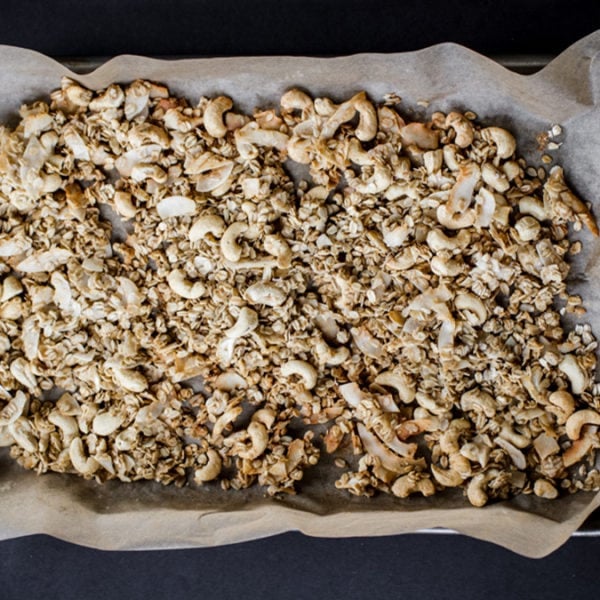
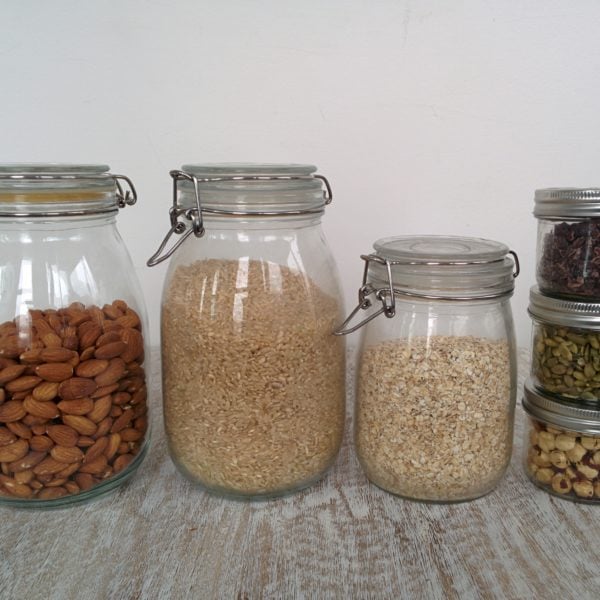
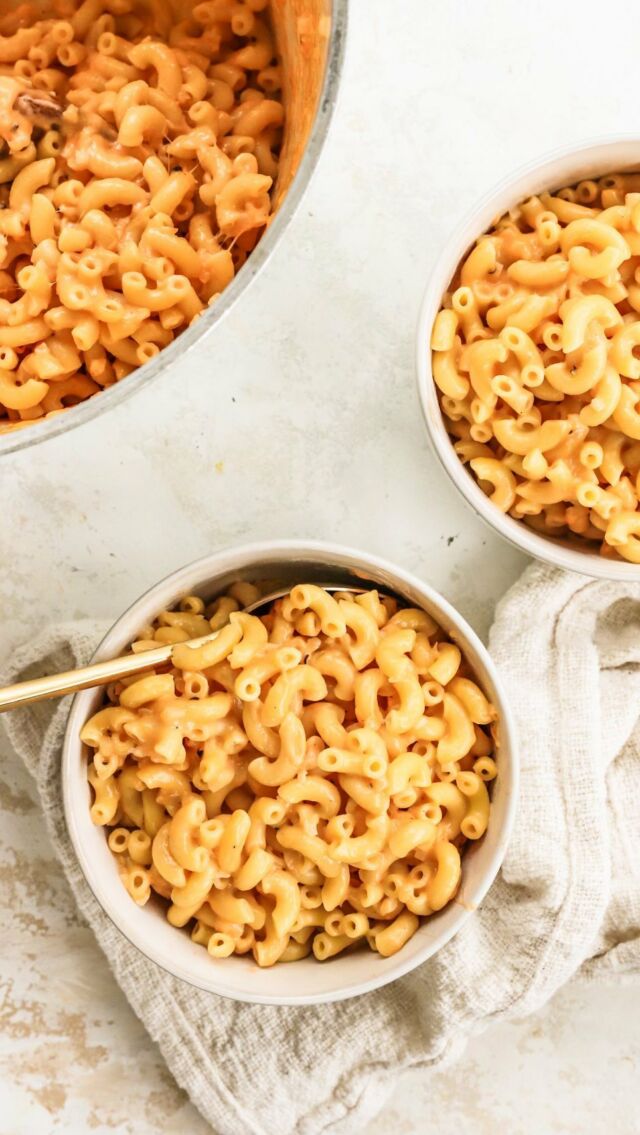




Leave a Comment & Rate this Recipe